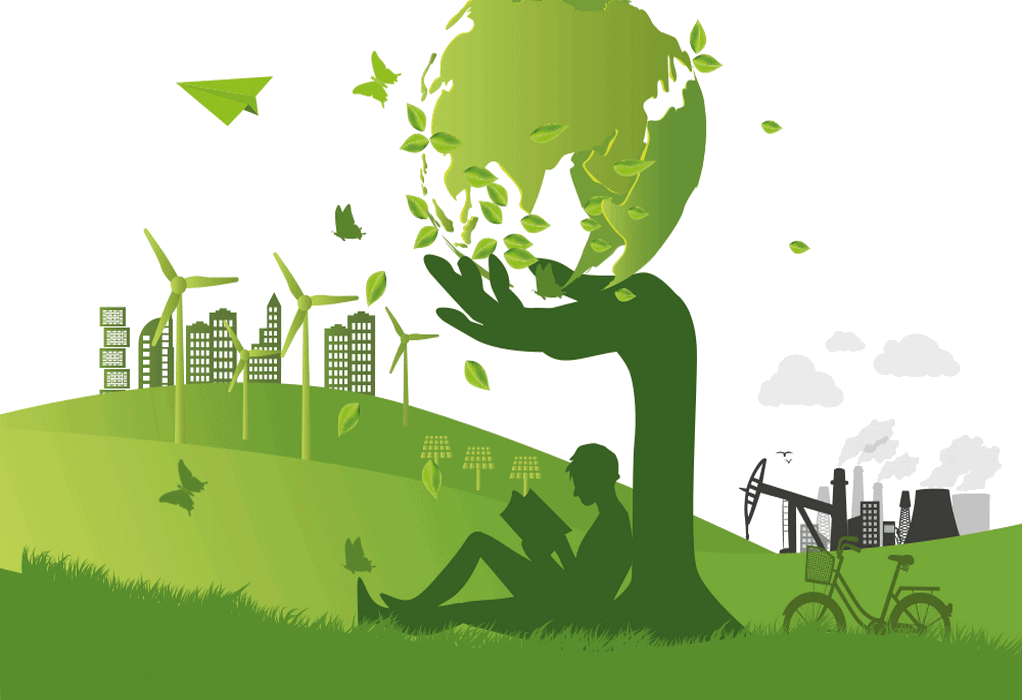European oil and gas firm Wintershall Dea has teamed up with HES Wilhelmshaven Tank Terminal to jointly develop a CO2 hub at Germany’s largest independent liquid bulk terminal in the Port of Wilhelmshaven.
The project envisions capturing CO2 from German industrial sites and transporting the gas to the planned hub, dubbed CO2nnectNow, from which it would be first shipped and later transported via pipeline from Germany’s only deepwater port to geological formations in the Norwegian and Danish North Sea for permanent storage.
The partners have launched a study to determine the feasibility of the project, with its results expected in 2023.
In May 2022, Wintershall Dea revealed a project called BlueHyNow to produce large quantities of hydrogen from natural gas in Wilhelmshaven. It is expected that the CO2 generated by the project will also be captured and collected at CO2nnectNow. The company also recently announced a partnership with Equinor aiming to connect Germany and Norway via a 900 km CO2 pipeline, with an annual capacity of up to 40m tonnes by 2032.
Studies by the Öko-Institut and Agora Energiewende have found that CCS will be a key technology in enabling Germany to reduce its emissions from industry and agriculture. Wintershall Dea has set a goal to decrease emissions by applying CCS and low-carbon hydrogen technologies, potentially building up a business abating 20m to 30m tonnes of CO2 per year by 2040.
Tags: CO2 Hub, Germany, HES, Wintershall Dea



Recent Posts
Babcock’s LGE Business Secures Contract for Marine Ammonia Fuel System to Advance Shipping Decarbonisation
Associated Terminals Deploys Liebherr’s All-Electric Cranes in Landmark Move Toward Cleaner Cargo Handling
Sanmar delivers fully electric emissions-free tug to major global operator Svitzer
Kolkata Dock deploys first-ever electric mobile cranes
ONGC orders two ethane carriers from Mitsui O.S.K. Lines
IndianOil to Commission India’s Largest Green Hydrogen Plant by 2027
IMI Greater Noida Signs MoU with IME (I) to Launch A New Student Chapter
GCMD Completes World’s First Pilot Demonstrating Full Carbon Value Chain from Ship-Captured CO2 in China